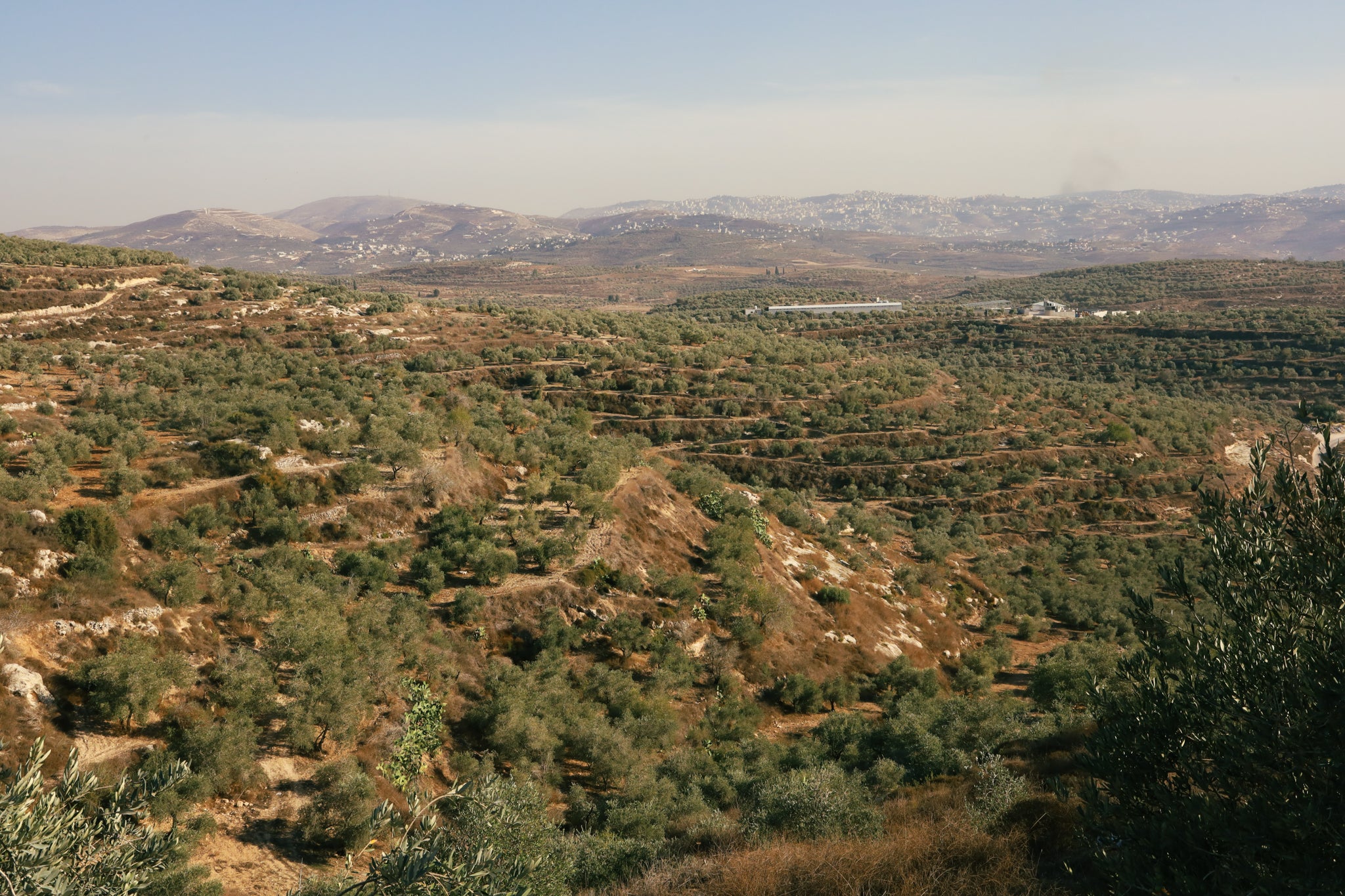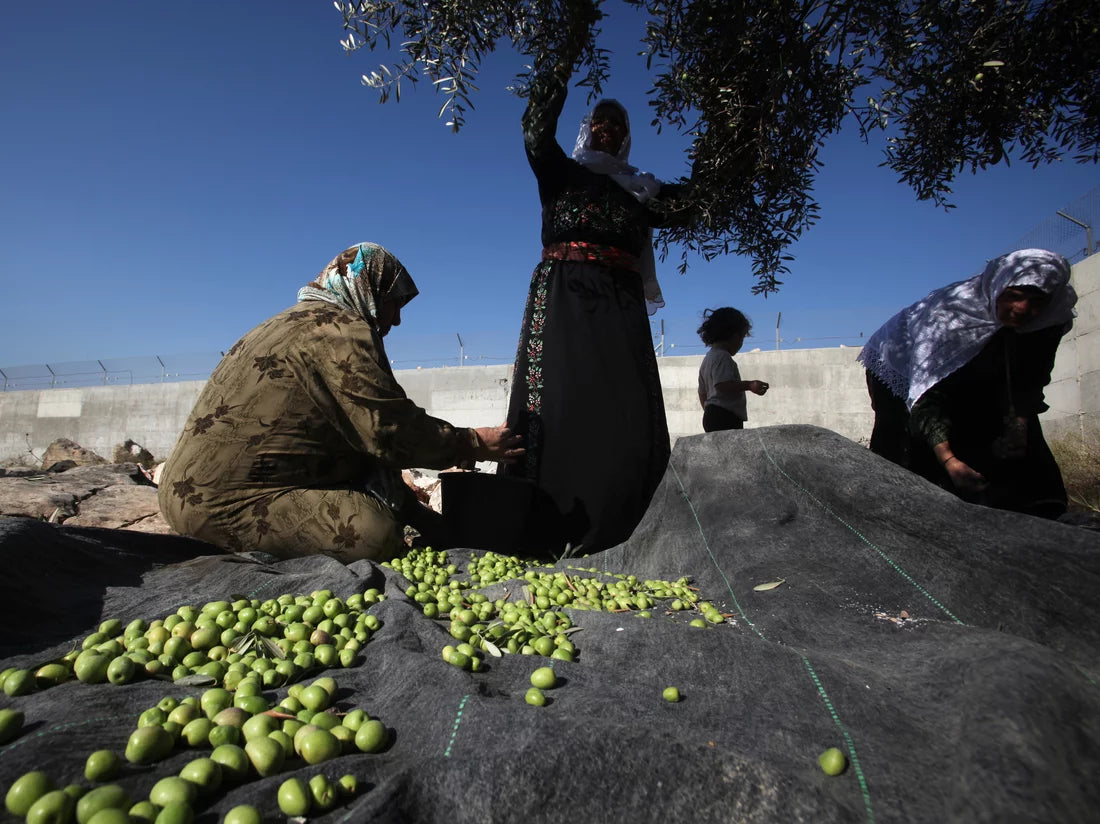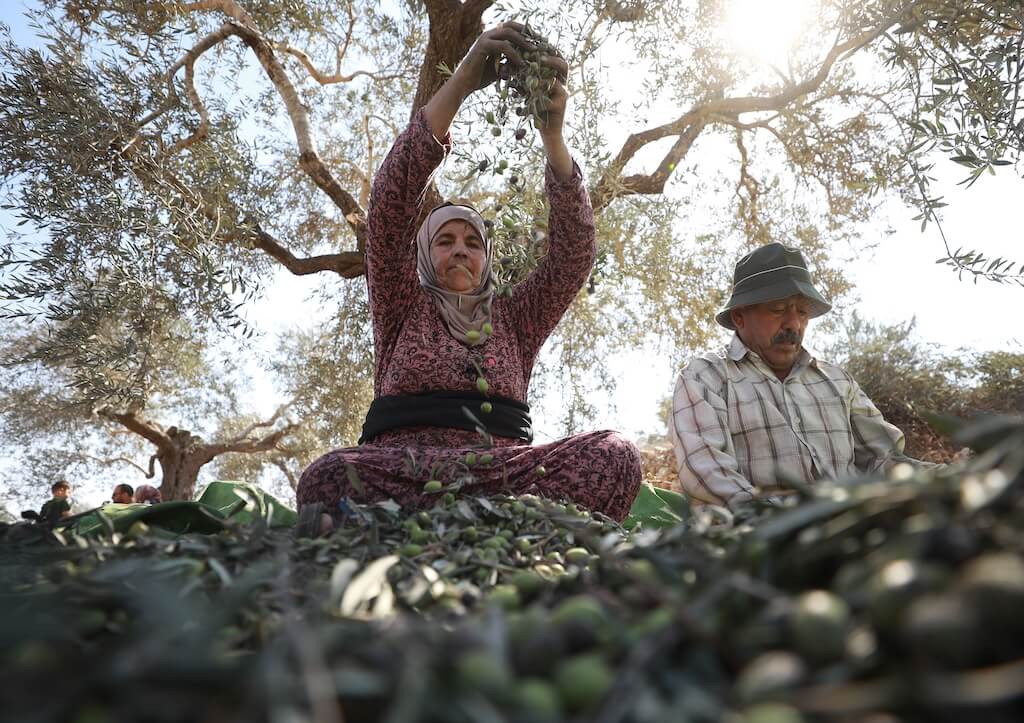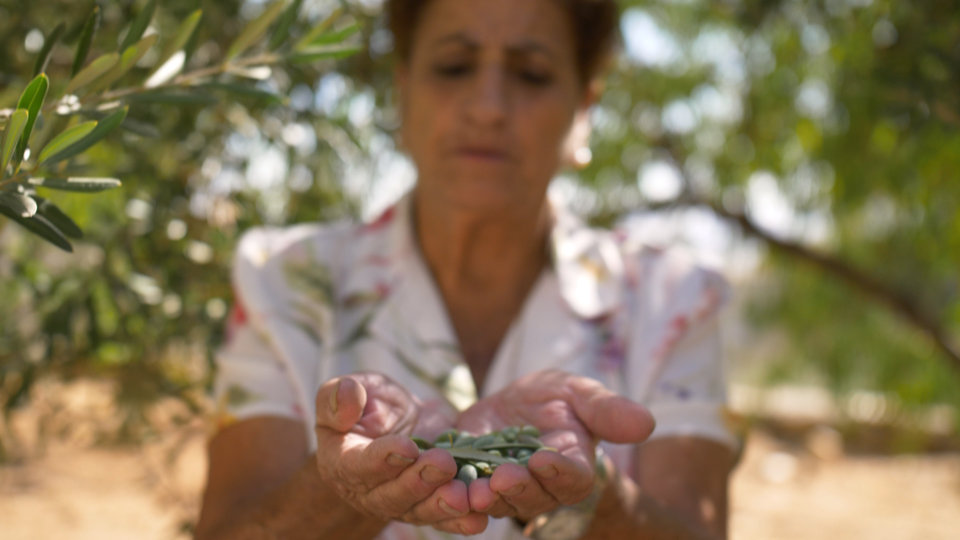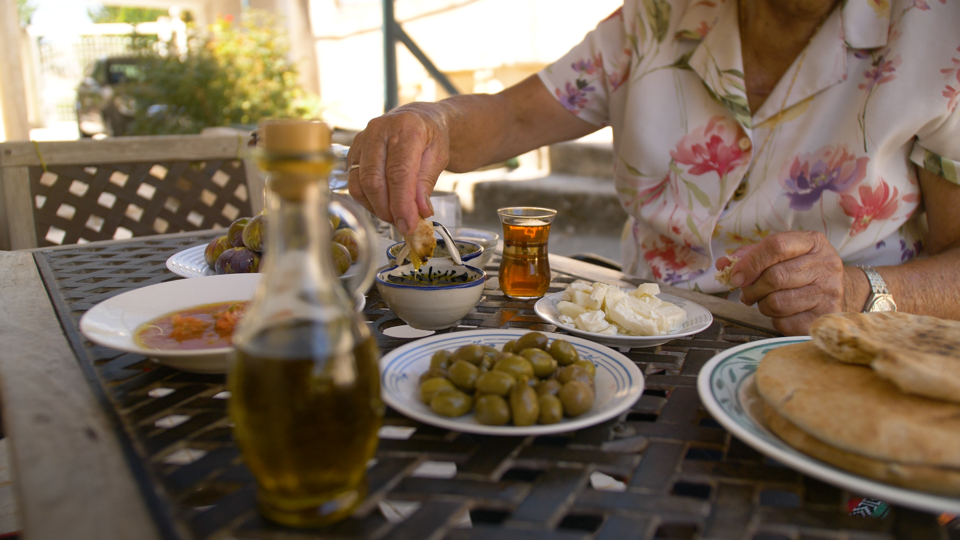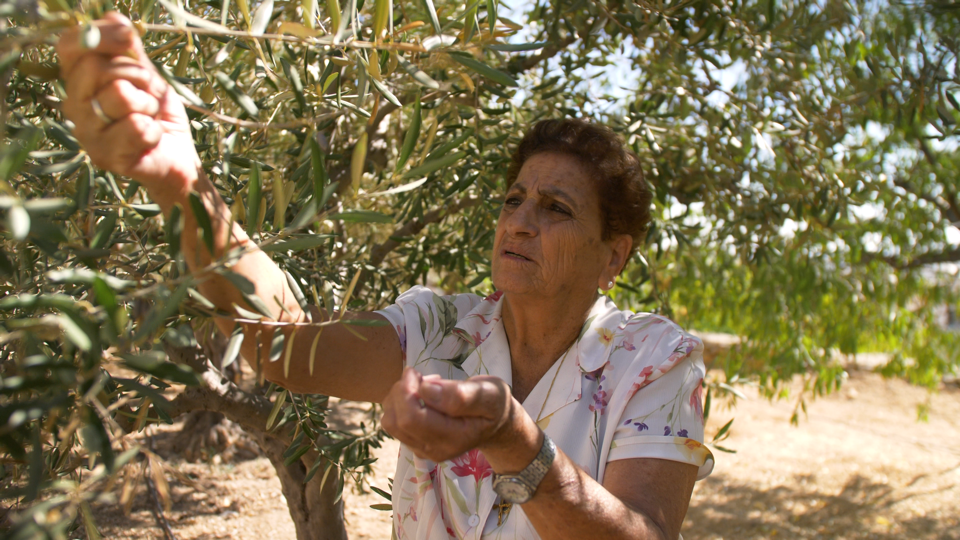There's a magical time in Palestine when the air buzzes with a particular kind of excitement. It's not a holiday or a festival in the traditional sense, but it might as well be. It's olive harvest season, and it transforms our communities into a hive of activity, conversation, and friendly competition.
As Palestinians, our obsession with the freshest, newest olive oil is ingrained in our cultural DNA. When the harvest season arrives and the first batches of new olive oil become available, a remarkable transformation occurs. Suddenly, everyone - our friends, families, neighbors - becomes an olive oil connoisseur.
This passion is contagious. You find yourself drawn into these Palestinian olive oil "tasting parties", where comparing different oils becomes a social event in itself. The ritual is always the same: a piece of fresh bread is dipped into the golden-green liquid, and as you taste it, you're not just experiencing a flavor - you're connecting with the land, the traditions, and the people who made it possible.
It was in the midst of one such spirited debate about the merits of different olive oils that the idea for Olive Odyssey was born. We realized that this passion, this almost sacred appreciation for olive oil, was something unique to our culture, something we wanted to share with the world.
Olive Odyssey is more than just a brand - it's our way of bottling this magic, this moment when an entire nation comes alive with the excitement of the harvest. It's our attempt to invite others into this centuries-old tradition, to let them experience the joy, the pride, and yes, even the friendly competition that comes with each new harvest.
Through Olive Odyssey, we're not just selling olive oil. We're sharing a piece of our culture, our land, and our passion. We're inviting you to join in the excitement that captivates Palestine each harvest season, to taste the difference that this devotion to quality and freshness makes.
So, as you explore our offerings, know that each bottle carries with it not just the finest extra virgin olive oil from Palestine, but also a story - a story of sun-drenched groves, of careful harvesting, of meticulous pressing, and of a people utterly devoted to producing the very best. Welcome to Olive Odyssey - your journey into the heart of Palestinian olive oil culture begins here.
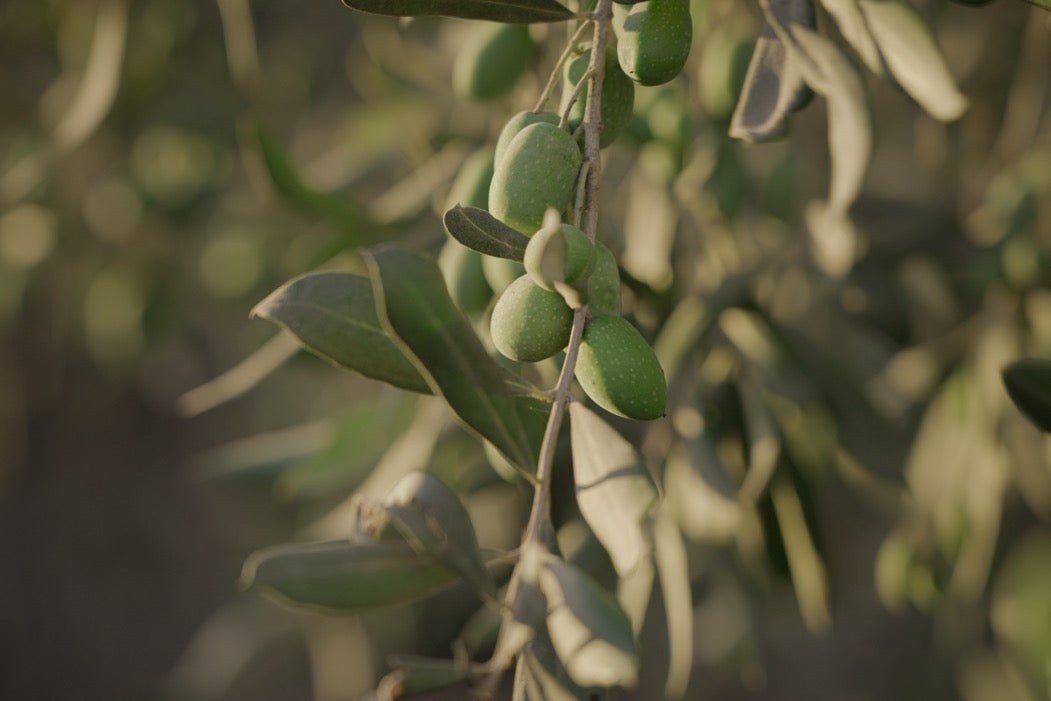
Palestine's landscape is defined by its olive groves. With over 9 million trees covering the West Bank alone, olives are not just a crop, but a crucial part of Palestinian identity. These ancient trees paint the hills in silvery-green hues, their gnarled trunks telling stories of generations past.
However, this timeless vista is now interspersed with stark modern intrusions. Israeli settlements, their red-roofed houses clustered on hilltops, and the imposing concrete separation wall cut through the land, encroaching on Palestinian territories and fragmenting the once-continuous olive groves. Despite these enforced changes, olives continue to permeate every aspect of Palestinian life - from the food on their tables to the soap in their homes, from traditional medicine to daily rituals.
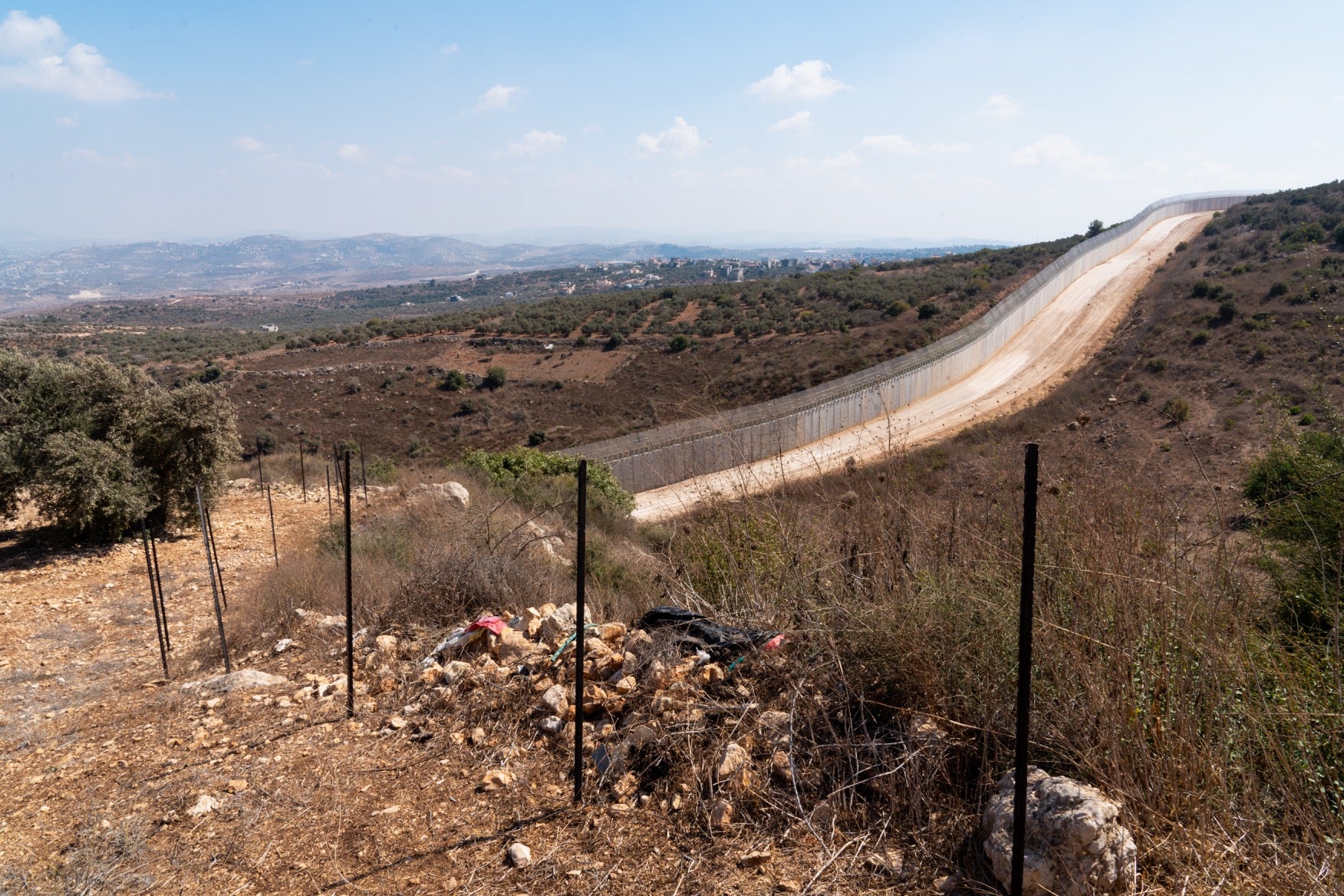
The annual olive harvest in Palestine is more than an agricultural event; it's a cultural cornerstone. Rooted in millennia of tradition, this harvest is crucial for Palestinians' economic survival and cultural identity. Olive oil, the liquid gold of Palestine, is a staple in every household, with families aiming to stock up at least 20 liters (about 676 fluid ounces) annually.
This precious extra virgin olive oil, cold-pressed from Palestinian olives, finds its way into nearly every aspect of daily life. In the kitchen, it's a key ingredient in over 100 traditional dishes, from the morning's zeit wu zaatar (olive oil and thyme) to the evening's musakhan (sumac-spiced chicken with onions). Beyond cuisine, olive oil is used in traditional medicine, as a moisturizer for skin and hair, and even in religious ceremonies.
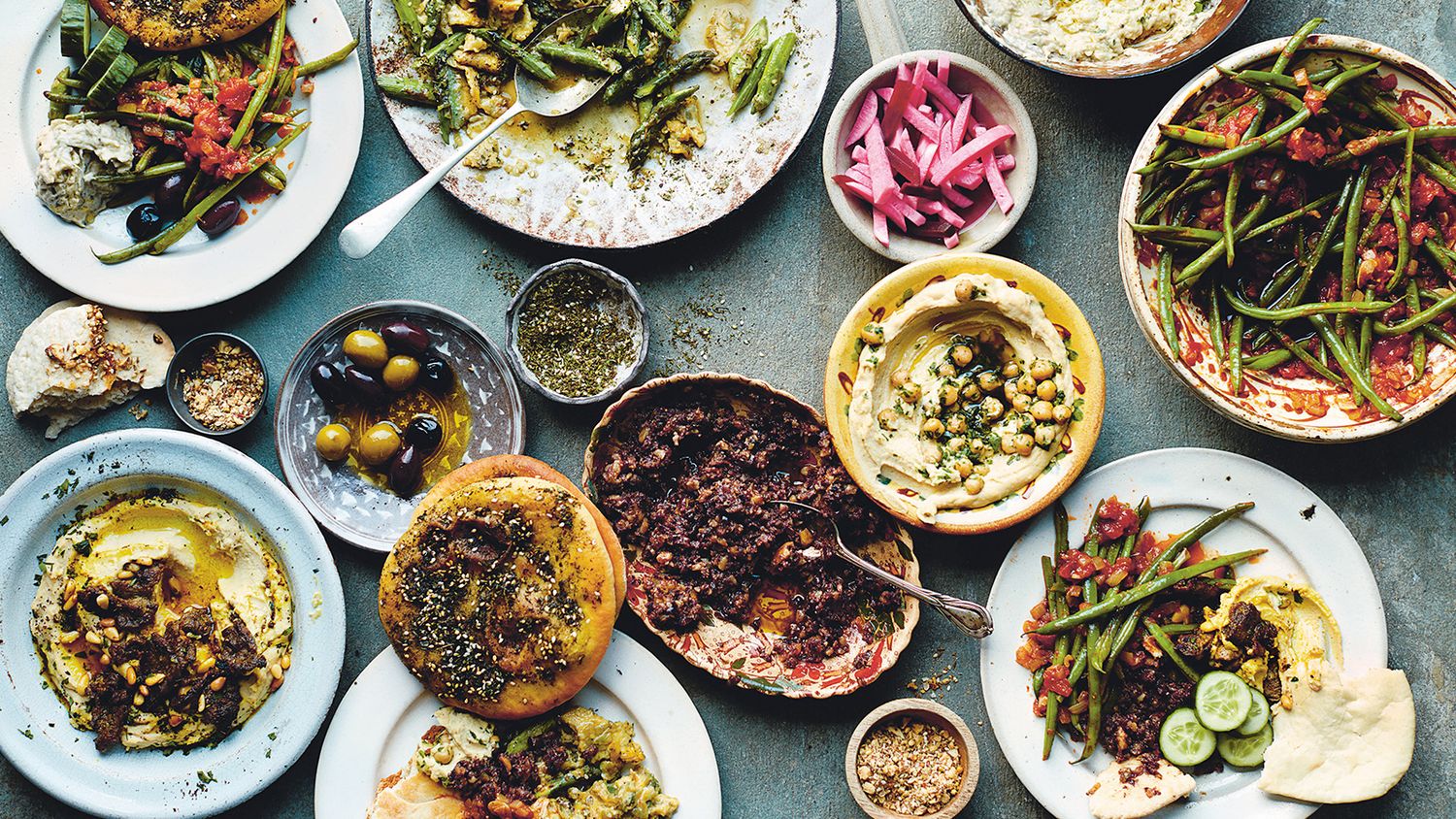
The story of olive cultivation in Palestine is as old as the land itself. Archaeological evidence suggests that olives were first cultivated in this region over 6,000 years ago. The ancient Canaanites, early inhabitants of Palestine, were among the first to develop techniques for extracting oil from olives.
Throughout history, Palestine's olive oil has been prized for its quality. Roman writers praised the olive oil from the region, and it was a valuable trade commodity during the Byzantine and Islamic periods. The Crusaders, upon arriving in Palestine, were amazed by the extensive olive groves and the quality of the oil produced.
Over centuries, Palestinians developed unique varieties of olives adapted to the local climate. The 'Nabali' olive, named after the city of Nablus, became renowned for producing some of the finest olive oil in the world. Today, despite challenges posed by occupation and land restrictions, Palestinians continue to innovate, blending traditional methods with modern techniques to produce high-quality extra virgin olive oil.
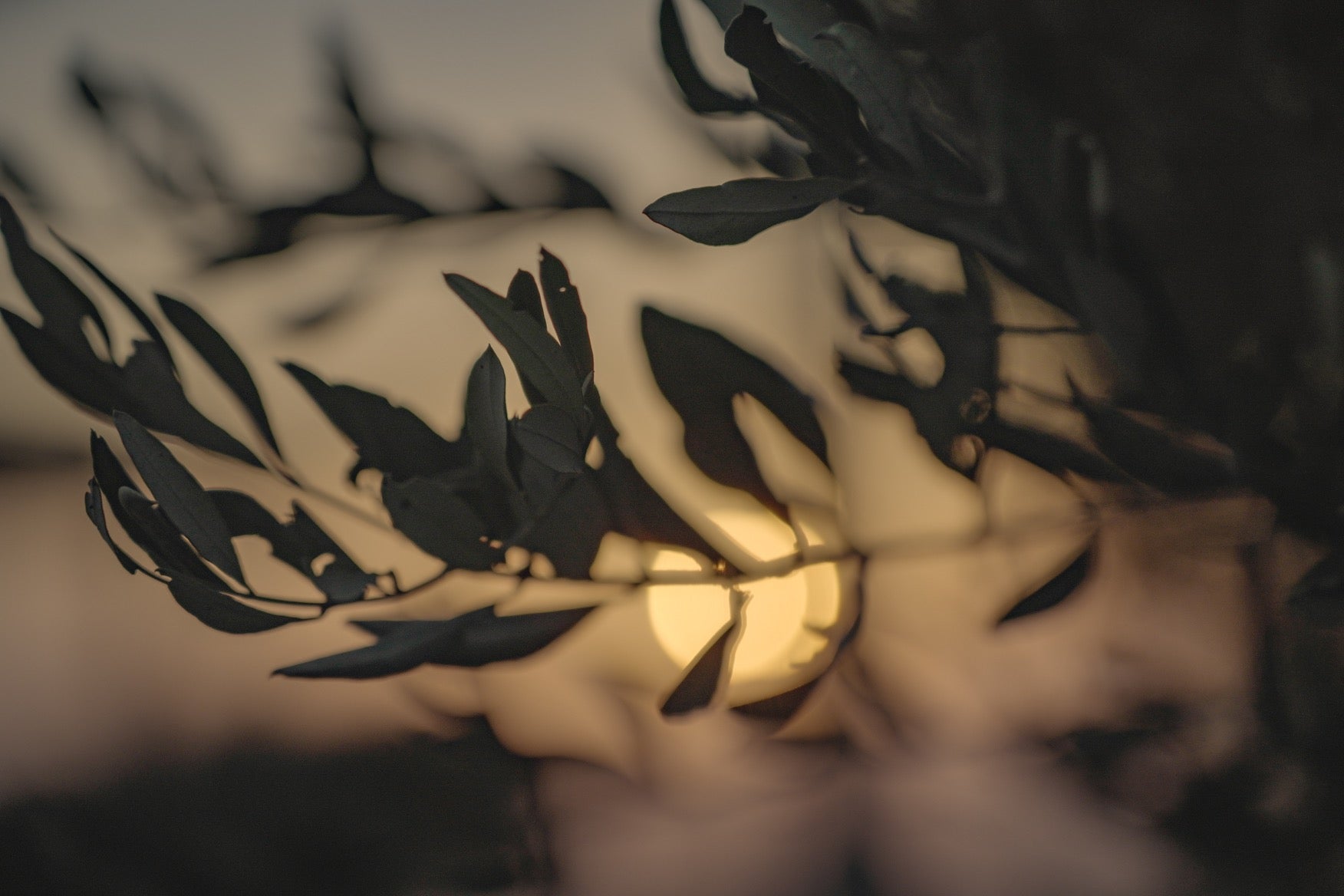
Come October, Palestine transforms. The olive harvest becomes the focal point of national life, with a palpable excitement in the air. From the northernmost villages of the West Bank to the southern hills of Hebron, families leave their regular jobs and routines to participate in this annual tradition.
From sunrise to sunset, the countryside buzzes with activity. People of all ages work in the groves, some climbing ladders to reach high branches, others spreading tarps beneath the trees to catch falling olives. The air fills with the sound of conversation and laughter, punctuated by the rhythmic scraping of small rakes used to comb olives from branches.
As dusk falls, trucks laden with sacks of freshly picked olives make their way to local olive presses. These presses operate around the clock during the harvest season, filling the night air with the rich aroma of freshly pressed oil. Farmers wait eagerly to taste the first drops of their new oil, a moment of pride and satisfaction after months of tending to their trees.
The 2024 olive harvest unfolds against a backdrop of conflict and uncertainty. The war in Gaza casts a long shadow, turning parts of the West Bank into zones of tension. Yet, for Palestinians, the harvest remains a powerful act of resilience and resistance. It's a testament to their deep connection to the land and a refusal to abandon their heritage.
As farmers gather their olives, there's a bittersweet undertone to the usual joy. The past year has brought increased hardships, with restrictions on movement and escalating violence. However, the sight of families in their groves, the scent of freshly pressed oil, and the taste of new-season zayt (olive oil) serve as reminders of Palestinian identity and hope for the future.
Looking ahead to the 2024 harvest, Palestinians continue to nurture their trees, a living embodiment of their enduring presence on the land. The olive - both fruit and symbol - remains at the heart of Palestinian culture, economy, and resistance.

